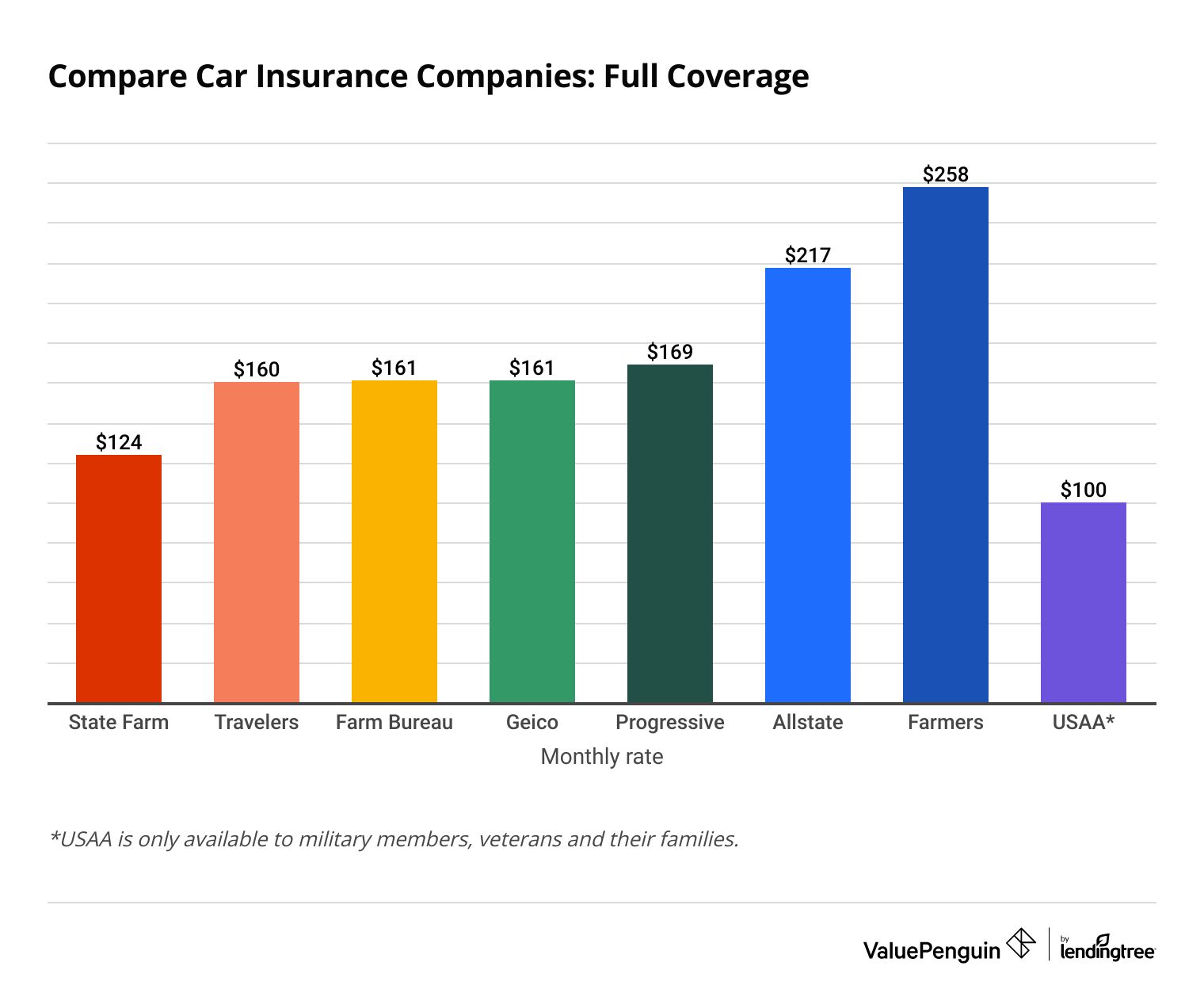88YTY News Hub
Stay updated with the latest trends and news.
Insurance Showdown: Battle of the Policies
Discover the ultimate insurance showdown! Uncover the best policies and strategies to protect your assets—don’t miss out on vital savings!
Understanding the Key Differences Between Whole Life and Term Life Insurance
Whole life insurance and term life insurance are two primary types of life insurance policies, each serving different needs and financial goals. Whole life insurance provides coverage for the insured's entire lifetime, as long as premiums are paid, and includes a savings component known as cash value, which grows over time on a tax-deferred basis. This makes whole life insurance a popular choice for those looking for lifelong coverage and a forced savings plan. On the other hand, term life insurance offers coverage for a specific period, usually ranging from 10 to 30 years, and provides a death benefit if the insured passes away during the term. Since it lacks a cash value component, term life insurance typically has lower premiums, making it an attractive option for those who require substantial coverage at a more affordable cost.
When deciding between whole life and term life insurance, it's essential to consider several key differences, including cost, coverage duration, and cash value accumulation. Whole life insurance tends to be more expensive due to its lifetime coverage and cash value benefits. In contrast, term life insurance offers a budget-friendly solution for those who only need coverage for a limited time, such as young families or those with temporary financial obligations. Ultimately, understanding these differences will help you make an informed decision that aligns with your financial goals, ensuring you choose the right policy that best meets your needs.

5 Essential Questions to Ask Before Choosing an Insurance Policy
Choosing an insurance policy can be a daunting task, but asking the right questions can help simplify the process. Here are five essential questions to consider before making a decision:
- What coverage do I need? Understanding your specific needs will help you determine the type of coverage that best fits your situation. Assess factors such as your assets, health, and risks.
- What are the costs involved? Beyond the premium, inquire about deductibles, co-pays, and potential increases in premium over time. This helps you understand the total cost of the policy.
- What is the claims process like? Familiarize yourself with the insurer's claims process. Knowing how easy it is to file a claim and how quickly they settle can be crucial during emergencies.
- Are there any exclusions or limitations? Every policy has its fine print. Ensure you know what is not covered to avoid unpleasant surprises in the event of a claim.
- What customer support is available? Reliable customer service can make a big difference. Ask about support options, face-to-face consultations, and response times to ensure assistance is readily available.
Comparing Auto Insurance: Comprehensive vs. Collision Coverage Explained
When it comes to auto insurance, understanding the differences between comprehensive and collision coverage is crucial for making informed choices. Comprehensive coverage protects your vehicle against non-collision-related incidents, such as theft, vandalism, natural disasters, or hitting an animal. This type of coverage ensures that you're financially safeguarded against unforeseen circumstances that can damage your car. On the other hand, collision coverage specifically covers damages to your vehicle resulting from a collision with another vehicle or object, regardless of who is at fault. Knowing these distinctions can help you tailor your policy to suit your individual needs.
Here are some key points to consider when comparing the two types of coverage:
- Cost: Typically, comprehensive coverage can come with a higher premium due to its broader protection, while collision coverage is generally more affordable.
- Deductibles: Both types of coverage come with deductibles that determine how much you pay out of pocket before your insurance kicks in.
- Policy Requirements: Some lenders may require comprehensive coverage if you have a loan on your vehicle, while collision coverage is often recommended for newer cars.
Ultimately, understanding these differences and evaluating your personal situation will help you select the right mix of auto insurance coverage to keep you and your vehicle protected.